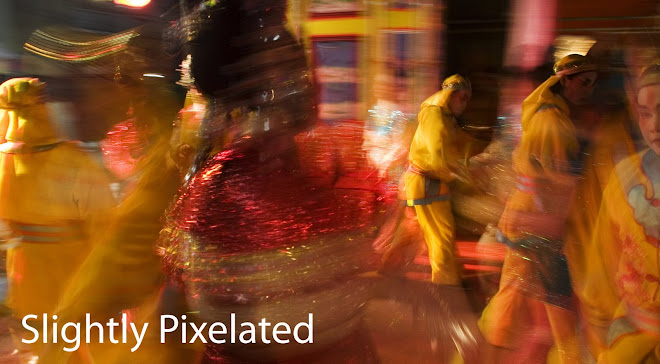
REUTERS/Jerry Lampen
The T words, Thaksin and terrorism, have come to dominate political dialogue and analysis here. Their use has become so widespread as to mask the deeper structural causes of Thailand's crisis.
Lets start with terrorism.
For some time now the Thai government has been referring to elements within the Red Shirt movement as terrorists. Yesterday the government issued an arrest warrant for former Prime Minister Thaksin Shinawatra on charges of terrorism.
In classifying Red Shirts as terrorists, the government clearly wishes to delegitimise the movement, both locally and internationally.
While this may seem a logical step to some, in the wake of the destruction and violence witnessed in Bangkok in recent weeks, to many Red Shirt sympathisers it only emphasises feelings of exclusion and injustice.
Treating Red Shirts as terrorists adds weight to claims that the government is applying double standards, one of the key gripes among rank and file Red Shirt supporters.
To many Red Shirts it is a glaring injustice, symptomic of a system that discriminates against them, that yellow shirt leaders responsible for occupying Government House and for closing down the country's two international airports remain unpunished.
And then there's Thaksin Shinawatra, the biggest T word of all.
Thailand's obsession with the exiled former Prime Minister is such that he has become the spectre that haunts every political debate, the seeming be all and end all of Thailand's current woes.
A recent op-ed by prominent Thai journalist Karuna Buakamsri published in the International Herald Tribune described Thaksin as "the fault line that has fractured our country."
Ironically in placing Thaksin at the heart of the crisis, many analsysts and the government itself have become unwitting victims of Thaksin's spin. It is as if the government and intelligentsia were themselves being manipulated by the man they have often accused of manipulating Thailand's 'gullible', 'poorly educated' underclass.
For in emphasising Thakin's role and importance, in peppering every analysis and official announcement with his name, Thaksin's visibility is increased while the space he occupies in the nation's political psyche expands, and this even as he languishes in distant exile.
There are those, thankfully, who see beyond the T words.
Anand Panyarachun, a former Prime Minister and one of the architects behind the reform orientated constitution of 1997, outlined Thailand's challenges in an article entitled 'A Shared Future' without once referring to either Thaksin or terrorism. (click here to read full article: http://www.nationmultimedia.com/home/2010/05/24/opinion/A-Shared-Future-30130056.html)
In today's Thailand it was a laudable feat, evidence perhaps that Khun Anand is one of the few Thai leaders with sufficient neutrality, wisdom and moral authority to guide Thailand out of its current predicament.
In his article Khun Anand speaks of the dangers of "harbouring hatred", of the need to close "the deep and widening social divide", of Thailand experiencing a "political awakening" which has put the nation at "a point of no return."
Thailand's true challenge is not to rid the nation of so-called terrorists nor of the threat posed by former Prime Minister Thaksin Shinawatra. It is, as Khun Anand writes, "to engage in a process of dialogue, which recognizes and respects the differences, interests and values of all concerned parties."
The government of Abhisit Vejajiva would do well to listen to Khun Anand's advice.
It should shift its focus away from chasing terrorists, suppressing dissentng voices and bemoaning the evil influence of former Prime Minsiter Thaksin.
Instead, as Khun Anand points out, it should "see the empowerment of the rural and impoverished sectors of our electorate as a critical and necessary step for the development of Thailand's democratic system."
Thaksin surely has much to answer for but, as Khun Anand so wisely leads us to understand, he should not be seen as the essence of Thailand's problems, even if he was the catalyst that brought them to the surface.
Thailand's current situation should not be seen as a conflict to be won or lost. Instead, as Khun Anand points out, it should be seen as an opporunity to be seized.











